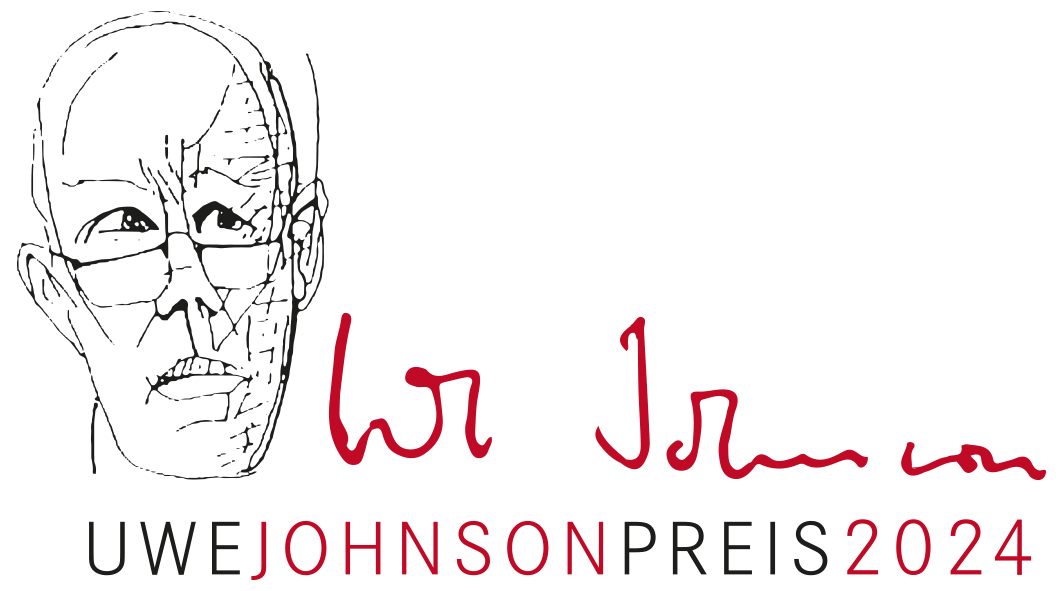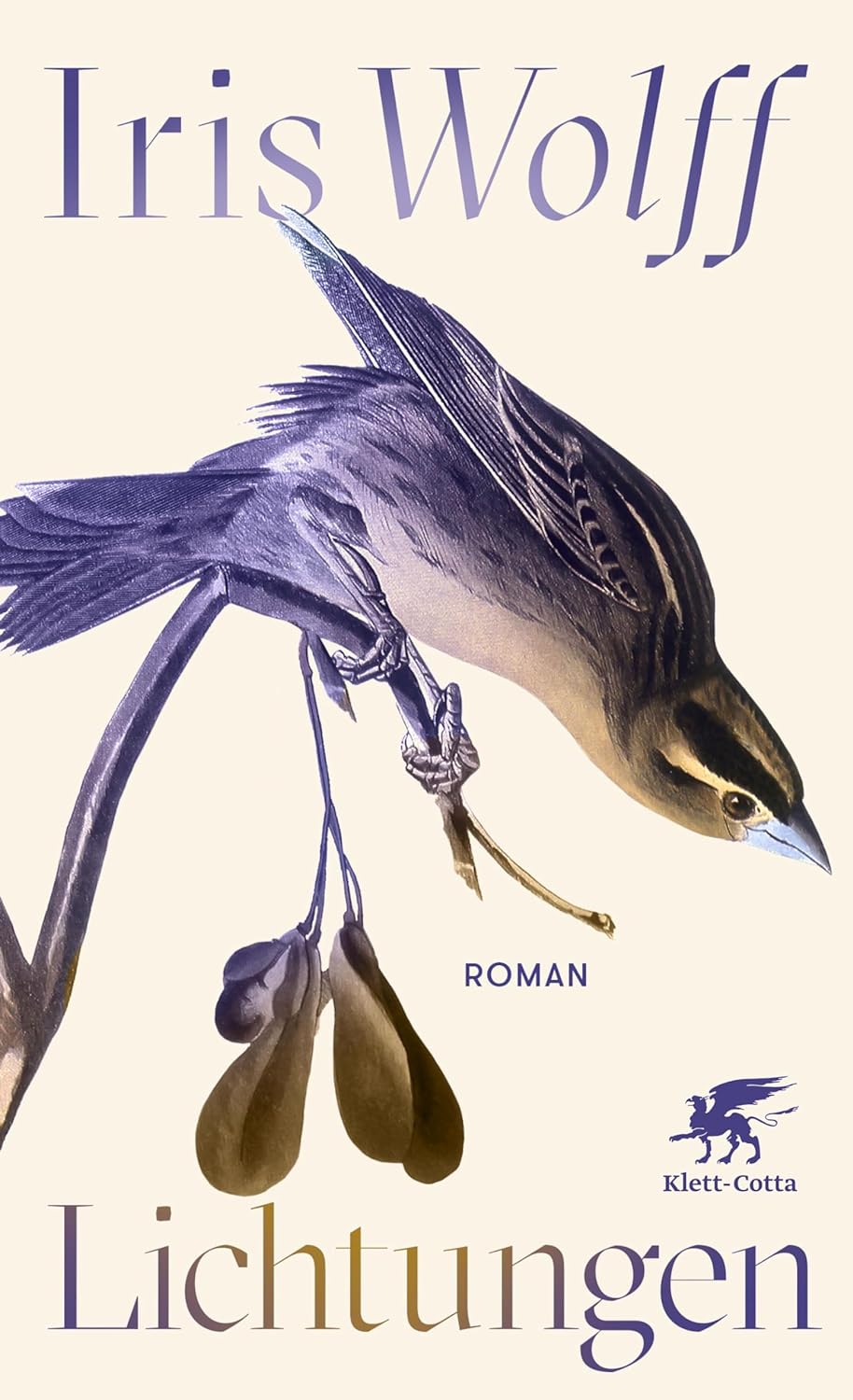Iris Wolff riceve l’Uwe-Johnson-Preis 2024

Con molto piacere vi informiamo che Iris Wolff, autrice tedesca di origini romene, ha vinto il prestigioso Uwe-Johnson-Preis 2024 per il suo romanzo Lichtungen, uscito a gennaio con Klett-Cotta!
I diritti per l'Italia sono al momento liberi, ricordiamo la grande opportunità offerta da Litrix (ancora per pochi mesi!) con il finanziamento della traduzione! Lichtungen è stato inoltre segnalato da New Books in German e a lungo nella classifica Spiegel Bestseller; i diritti sono già stati venduti in UK e Spagna.
 Uniti da un’infanzia indimenticabile trascorsa a nord dell’allora comunista Romania, i protagonisti di Lichtungen, gli inseparabili Kato e Lev, sono destinati a strade diverse quando, dopo l’apertura delle frontiere europee, il primo decide di partire per l’Occidente, mentre Lev rimane legato ai luoghi dove è nato, ricevendo di tanto in tanto soltanto delle cartoline dei luoghi che l’amico visita. Un giorno, però, da Zurigo arriva anche un invito a raggiungerlo…
Uniti da un’infanzia indimenticabile trascorsa a nord dell’allora comunista Romania, i protagonisti di Lichtungen, gli inseparabili Kato e Lev, sono destinati a strade diverse quando, dopo l’apertura delle frontiere europee, il primo decide di partire per l’Occidente, mentre Lev rimane legato ai luoghi dove è nato, ricevendo di tanto in tanto soltanto delle cartoline dei luoghi che l’amico visita. Un giorno, però, da Zurigo arriva anche un invito a raggiungerlo…
Poetico e toccante, questo romanzo è il ritratto di un’amicizia senza tempo e confini e del rapporto tra le proprie origini e il mondo.
Il premio, dotato di 20,000 €, è giunto alla sua trentesima edizione e viene conferito ogni due anni, alternandosi con l’Uwe-Johnson-Förderpreis, è finanziato dalla Mecklenburgische Literaturgesellschaft, dall’Humanisticher Verband Berlin-Brandenburg e da Gentz und Partner Rechtsanwälte Steuerberaterin di Berlino.
La giuria ha scelto Lichtungen tra 90 candidati con la seguente motivazione:
“Iris Wolff's novel ‘Lichtungen’ begins in a similar way to Uwe Johnson's ‘Mutmassungen über Jakob’ (1959), namely at the end. […] As with Johnson, this is a search for traces in which the aim is to narratively ‘restore a reality that has passed’. […] ‘Lichtungen’ is also a novel that enquires in literary terms into what home can be or is. It shows how home is initially characterised by a spatial and temporal dimension and functions as a network of social relationships. As with Uwe Johnson, there are references to Ernst Bloch's definition of home, which anchors the concept of home not least in functioning social relationships. […] After numerous novels have used the fate of the Romanian Germans to illustrate how home as a feeling of natural belonging to a community is jeopardised under dictatorial conditions, Iris Wolff keeps the political conditions of home out of the foreground of the narrative, and yet it is present throughout. Like Uwe Johnson, she refuses to provide a moral. The readers will say what needs to be said!”


